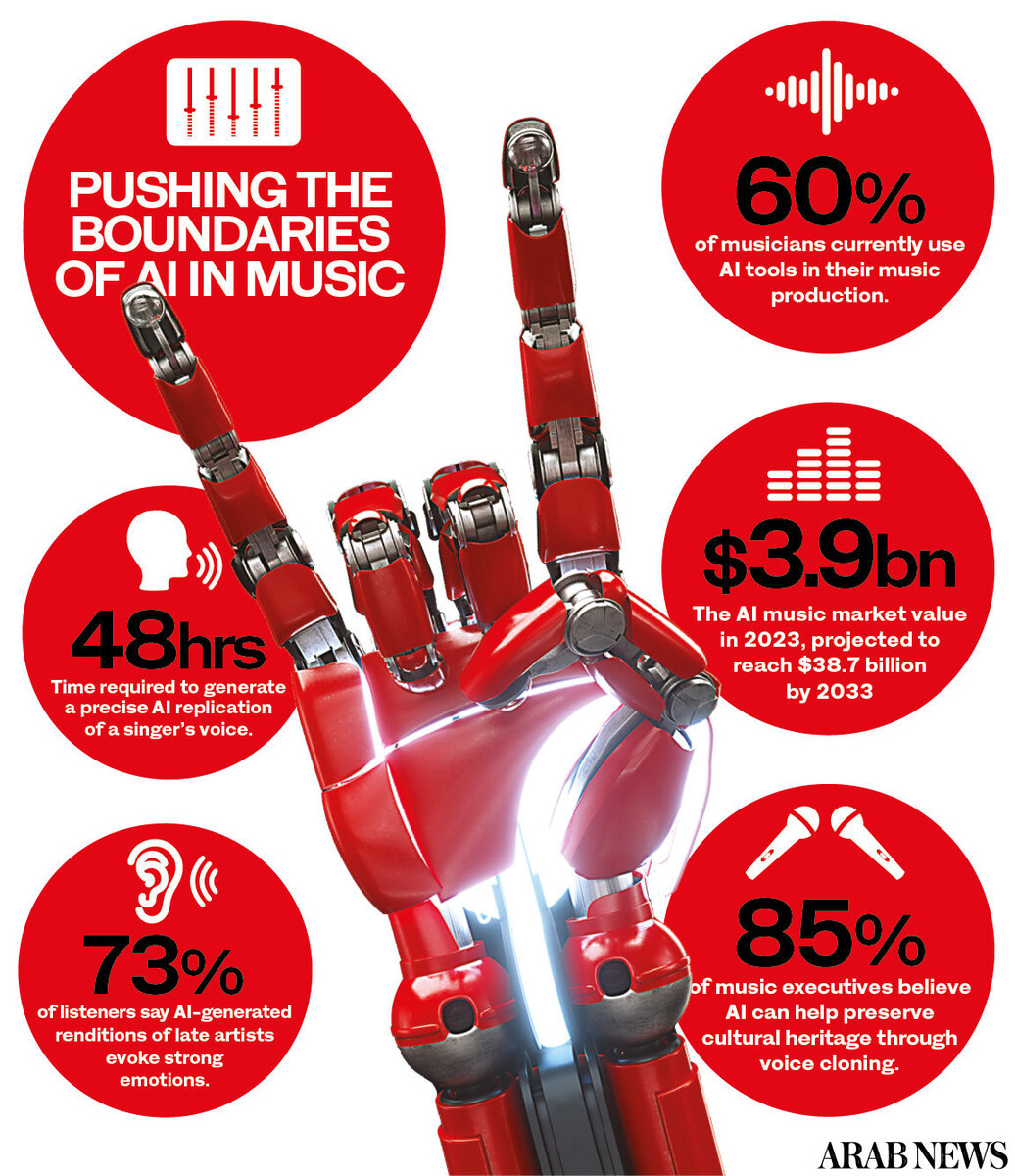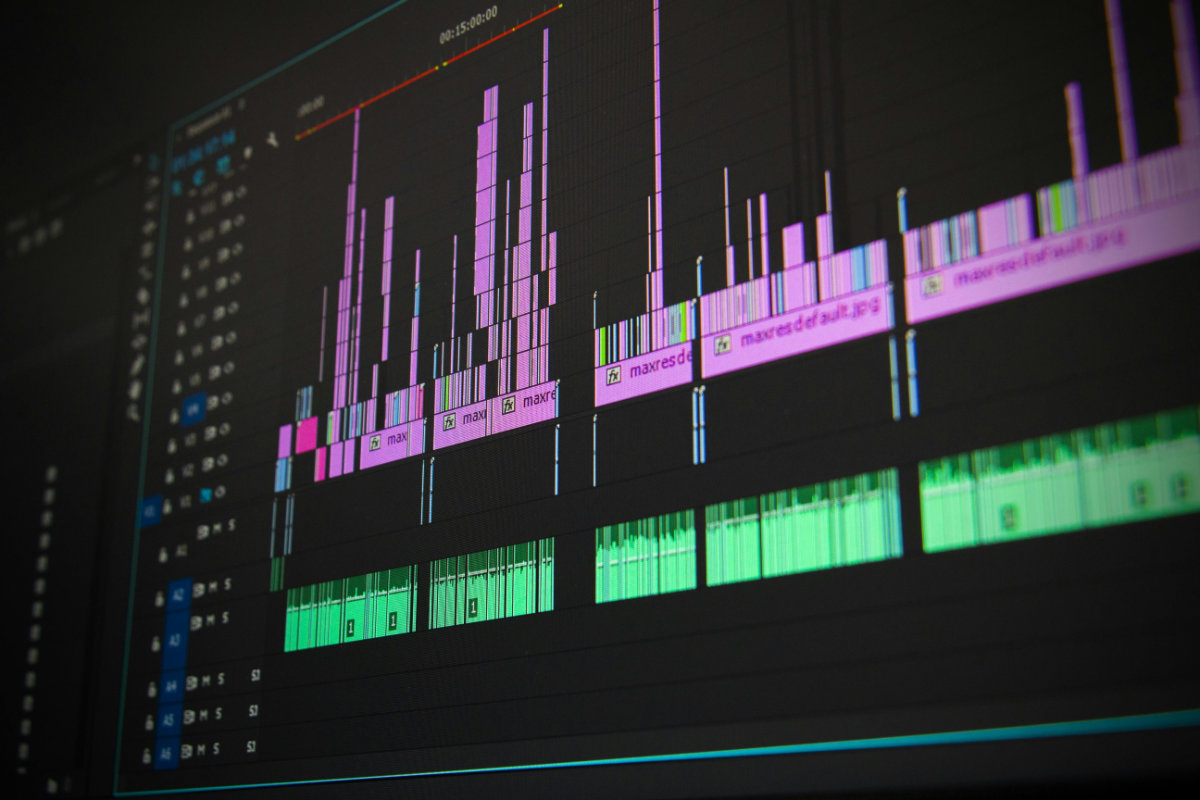Saudi Arabia’s AI-ready workforce will power its digital economy

https://arab.news/5ytje
In today’s fast-evolving digital environment, the average shelf life of skills is less than five years. This rapid pace of change, driven by technological advancements, presents a significant challenge to organizations and countries.
Saudi Arabia has emerged as a leading force in upskilling its youth. As the Kingdom transitions away from oil to a more diverse, knowledge-based economy, it is building a future-ready workforce.
This strategic shift is yielding positive results, with the value of the non-oil economy reaching SR1.7 trillion ($453 billion), and a surge in new investments indicating a thriving economy.
The rise of emerging technologies such as artificial intelligence and machine learning is redefining the workforce at an unprecedented pace. Automation is transforming the way we conduct mundane tasks, and AI algorithms are venturing into areas previously thought to be limited to human capabilities. This change necessitates a reevaluation of how we approach workforce development, ensuring individuals are equipped with the skills and knowledge needed for the future.
With its recently announced plans to launch a $40 billion fund focused on AI investments, Saudi Arabia is cementing its position as one of the world’s largest investors in the technology. While the investment itself is a significant step toward becoming an AI leader, the full potential of this fund hinges on having a workforce equipped with the knowledge and expertise to utilize it effectively.
By nurturing AI talent, Saudi Arabia is cultivating the homegrown innovators who will power its digital economy.
To equip its workforce with the skills needed to drive the digital future, the Kingdom launched several initiatives, such as the National Strategy for Data and Artificial Intelligence, which focuses on training programs for women, youth, and entrepreneurs in data analysis, machine learning and other relevant skills. Through collaborations with educational programs to integrate data science and AI into schools, and enabling entrepreneurship support via incubators and accelerators, the initiative is cultivating a generation of young experts equipped to lead the nation’s advancements in these crucial science, technology, engineering and mathematics (STEM) fields.
By nurturing AI talent, Saudi Arabia is cultivating the homegrown innovators who will power its digital economy
Reham Al-Musa
Similarly, the Kingdom’s Human Capability Development Program takes a comprehensive approach to upskilling youth in STEM fields. It starts with a strong foundation in early childhood education, aligns educational curricula with industry needs, and provides lifelong learning opportunities in STEM knowledge to enable the future STEM leaders of Saudi Arabia.
However, it is not just about technical skills. Initiatives like the launch of the region’s largest startup hub and the National Technology Development Program provide resources and infrastructure to cultivate a thriving startup ecosystem, particularly one fueled by AI. Saudi Arabia is not just building AI expertise, but also empowering a generation of citizens who will become the engine of the country’s future economy. In essence, investing in STEM education enables the growth of the Kingdom’s startup ecosystem, which in turn will drive innovation across sectors, accelerate job creation, boost competitiveness, attract investment, and further diversify the economy.
The Kingdom is actively investing in venture capital and entrepreneurship support structures. In May 2024, $8 billion was specifically allocated for this purpose. This financial backing can fuel the growth of promising startups and translate into substantial economic contributions.
By equipping its youth with expertise in AI development, automation principles and data science methods, the Kingdom is nurturing a generation of entrepreneurs who can build AI-powered solutions tailored to public and private sector needs. Imagine startups driving AI-powered learning platforms that cater to schools or machine learning-driven platforms to drive tourism in the Kingdom. This unique understanding of emerging technologies will help address local challenges, materialize new ideas, and boost the Kingdom’s global competitiveness.
At Oracle, we have introduced “Mostaqbali” (My Future) aimed at upskilling 50,000 Saudis in AI and emerging technologies. Launched in collaboration with Future Work and supervised by Saudi Arabia’s Ministry of Human Resources and Social Development, the program aims to train and certify 50,000 Saudi nationals in the latest cloud-powered digital technologies, AI, machine learning, and the Internet of Things by 2027.
By investing in capacity building and AI skills, Saudi Arabia is unlocking the full potential of a thriving digital economy. These programs act as a catalyst, transforming the nation’s workforce into a powerful engine driving innovation and diversification. Arming citizens with the latest digital literacy and technical skills creates the fertile ground for the Kingdom’s next wave of entrepreneurship, innovation, and technological advancement.
• Reham Al-Musa is vice president of cloud applications for Oracle’s public sector business and managing director and country leader for Oracle Saudi Arabia
































